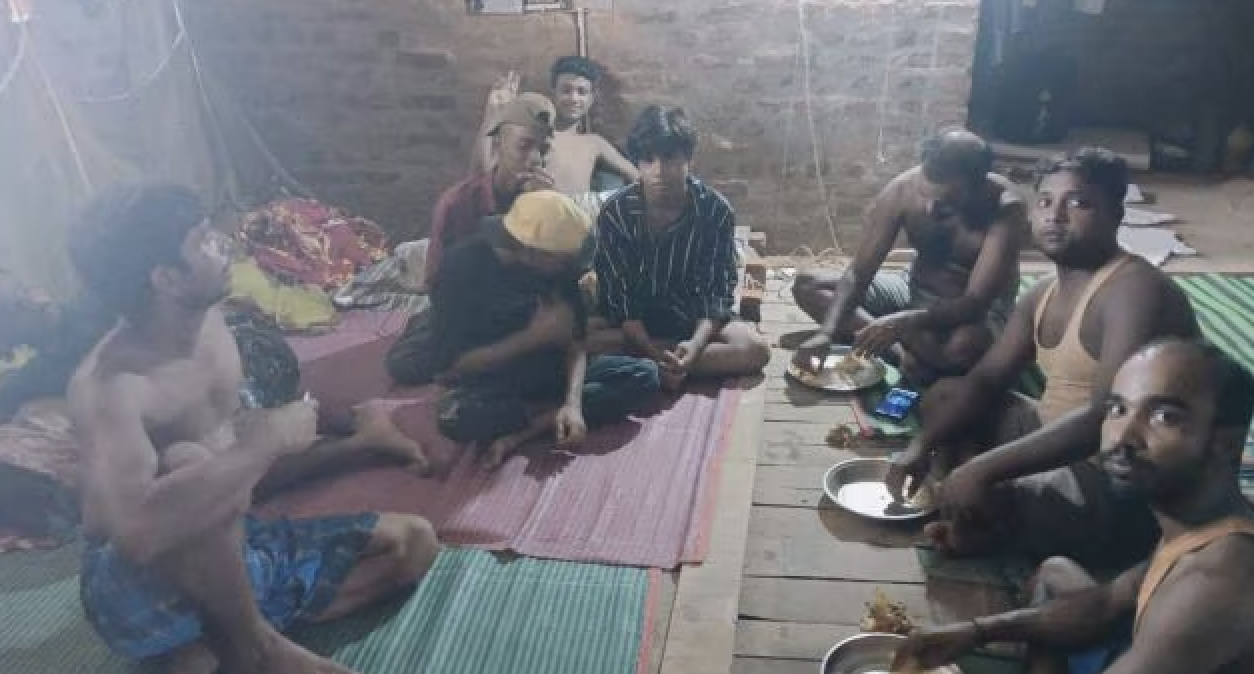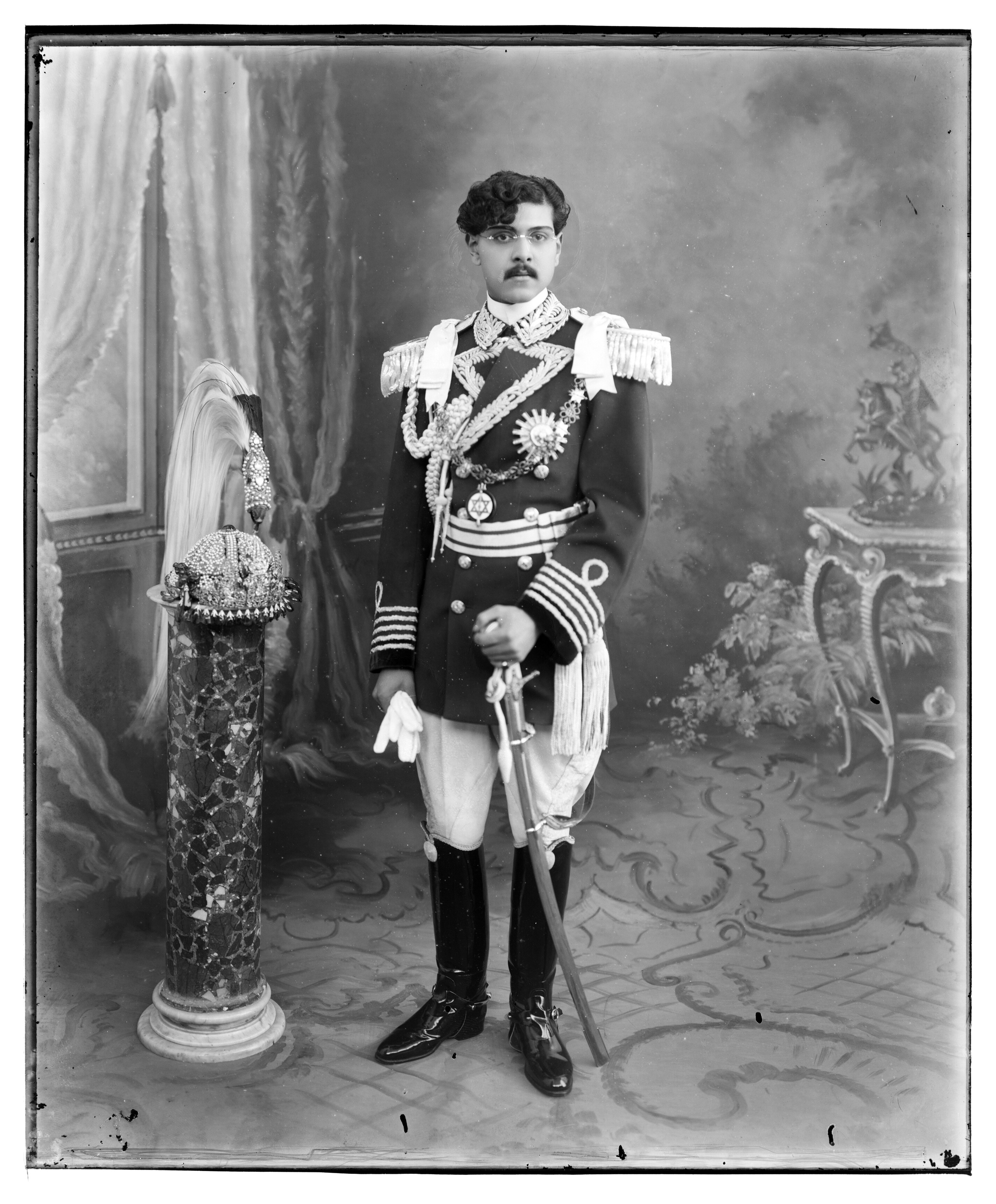Excerpted from the autobiography of the first Home Secretary of UP, Rajeshwar Dayal, titled “A Life Of Our Times”.
I must record an episode of a very grave nature when the procrastination and indecision of the UP Cabinet led to dire consequences. When communal tension was still at fever pitch, the Deputy Inspector General of Police of the Western Range, a very seasoned and capable officer, B. B. L. Jaitley, arrived at my house in great secrecy. He was accompanied by two of his officers who brought with them two large steel trunks securely locked. When the trunks were opened, they revealed incontrovertible evidence of a dastardly conspiracy to create a communal holocaust throughout the Western districts of the province. The trunks were crammed with blueprints of great accuracy and professionalism of every town and village in that vast area, prominently marking out the Muslim localities and habitations. There were also detailed instructions regarding access to the various locations, and other matters which amply revealed the sinister purport. Greatly alarmed by those revelations, I immediately took the police party to the Premier’s [chief minister’s] house. There, in a closed room, Jaitley gave a full report of his discovery, backed by all the evidence contained in the steel trunks. Timely raids conducted on the premises of the RSS (Rashtriya Swayamsevak Sangh) had brought the massive conspiracy to light. The whole plot had been concerted under the direction and supervision of the Supremo of the organization himself. Both Jaitley and I pressed for the immediate arrest of the prime accused, Shri Golwalkar, who was still in the area. Pantji [G. B. Pant] could not but accept the evidence of his eyes and ears and expressed deep concern. But instead of agreeing to the immediate arrest of the ringleader as we had hoped, and as Kidwai would have done, he asked for the matter to be placed for consideration by the Cabinet at its next meeting. It was no doubt a matter of political delicacy as the roots of the RSS had gone deep into the body politic. There were also other political compulsions, as RSS sympathizers, both covert and overt, were to be found in the Congress Party itself and even in the Cabinet. It was no secret that the presiding officer of the Upper House, Atma Govind Kher, was himself an adherent and his sons were openly members of the RSS. At the Cabinet meeting there was the usual procrastination and much irrelevant talk. The fact that the police had unearthed a conspiracy which would have set the whole province in flames and that the officers concerned deserved warm commendation hardly seemed to figure in the discussion. What ultimately emerged was that a letter should be issued to Shri Golwalkar pointing out the contents and nature of the evidence which had been gathered and demanding an explanation thereof. At my insistence, such a letter if it were to be sent, should be issued by the Premier himself to carry greater weight. Panditji asked me to prepare a draft, which I did in imitation of his own characteristic style. The letter was to be delivered forthwith and two police officers were assigned for the purpose. Golwalkar, however, had been tipped off and he was nowhere to be found in the area. He was tracked down southwards but he managed to elude the couriers in pursuit. This infructuous chase continued from place to place and weeks passed. Came January 30, 1948 when the Mahatma, that supreme apostle of peace, fell to a bullet fired by an RSS fanatic.
The tragic episode left me sick at heart.






